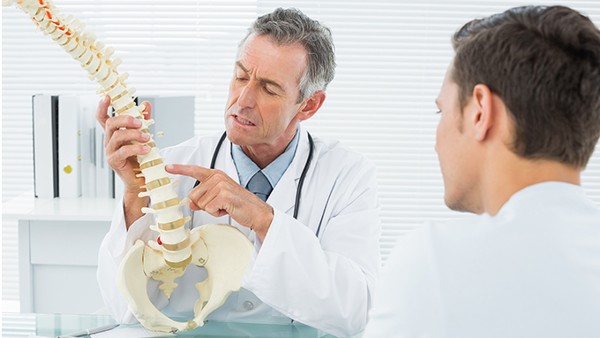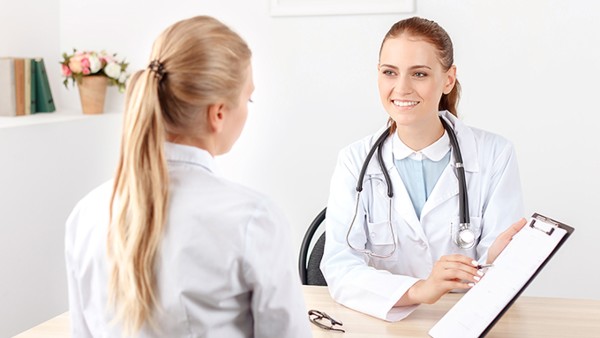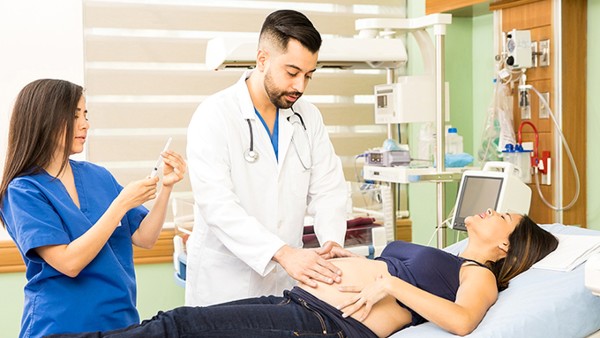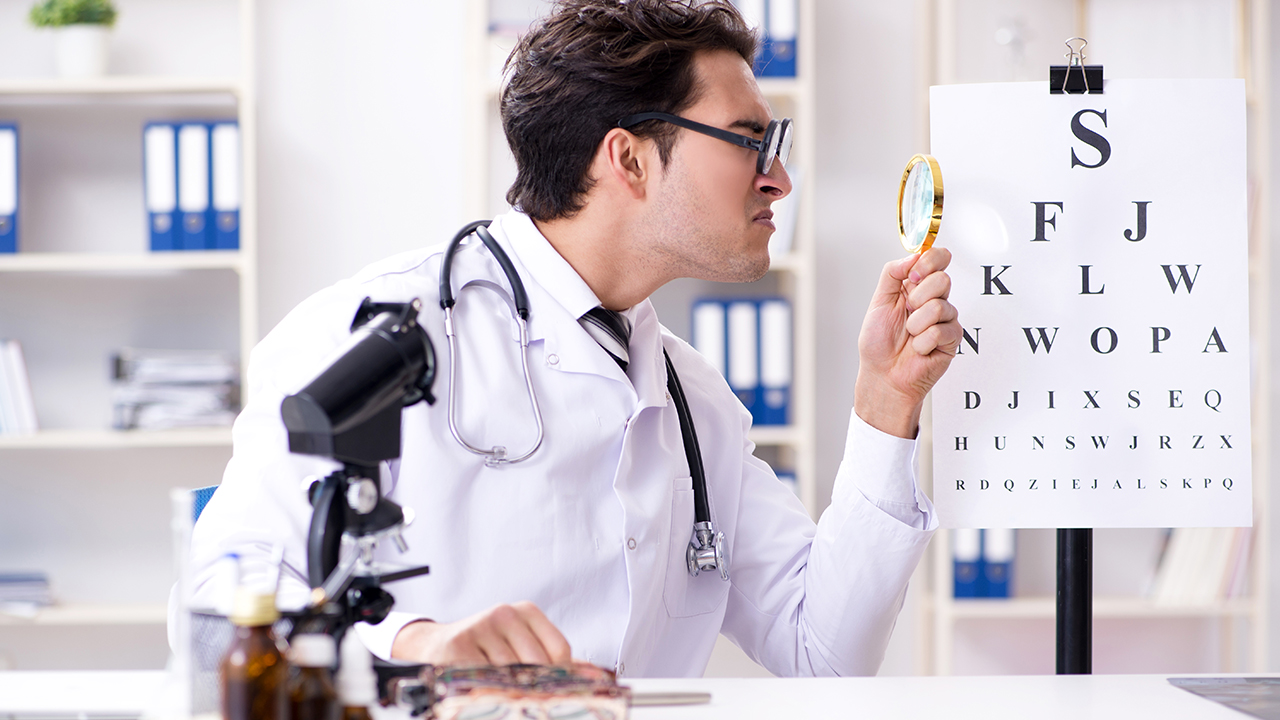Symptoms of Postpartum Hemorrhoids
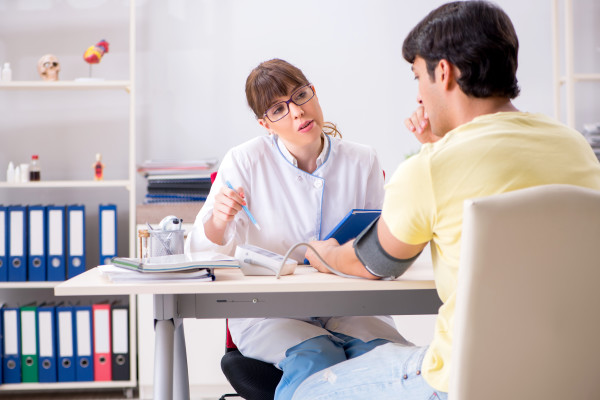
Hemorrhoids are swollen veins in the anus and rectum. They are a common problem during pregnancy and after childbirth. Postpartum hemorrhoids can be painful, itchy, and uncomfortable.
Symptoms of postpartum hemorrhoids
The symptoms of postpartum hemorrhoids can vary depending on the severity of the condition. Mild hemorrhoids may only cause minor discomfort, while severe hemorrhoids can be very painful.
Some of the most common symptoms of postpartum hemorrhoids include:
Pain and discomfort in the anus and rectum
Itching and irritation around the anus
Bleeding from the anus, which may be bright red or dark red
A feeling of fullness or pressure in the anus
Difficulty passing stools
Prolapsed hemorrhoids, which are hemorrhoids that have pushed out of the anus
Causes of postpartum hemorrhoids
There are a number of factors that can contribute to the development of postpartum hemorrhoids, including:
Pregnancy: The increased pressure on the veins in the pelvis during pregnancy can lead to the development of hemorrhoids.
Childbirth: The straining and pressure of childbirth can also cause hemorrhoids.
Constipation: Straining to have a bowel movement can put pressure on the veins in the anus and rectum, leading to hemorrhoids.
Diarrhea: Frequent loose stools can also irritate the veins in the anus and rectum, leading to hemorrhoids.
Obesity: Being overweight or obese can increase the pressure on the veins in the pelvis, leading to the development of hemorrhoids.
Treatment for postpartum hemorrhoids
There are a number of different treatments for postpartum hemorrhoids. The best treatment for you will depend on the severity of your symptoms.
Some of the most common treatments for postpartum hemorrhoids include:
Sitz baths: Sitz baths are warm baths that you sit in for 15-20 minutes at a time. Sitz baths can help to relieve pain and itching, and they can also help to soften stools.
Over-the-counter hemorrhoid creams and suppositories: Over-the-counter hemorrhoid creams and suppositories can help to relieve pain and itching, and they can also help to shrink hemorrhoids.
Prescription hemorrhoid medications: Prescription hemorrhoid medications can be used to treat more severe hemorrhoids. These medications can help to reduce pain and inflammation, and they can also help to shrink hemorrhoids.
Surgery: In some cases, surgery may be necessary to treat postpartum hemorrhoids. Surgery is typically only necessary for severe hemorrhoids that do not respond to other treatments.
Prevention of postpartum hemorrhoids
There are a number of things you can do to help prevent postpartum hemorrhoids, including:
Eat a healthy diet that is high in fiber: Fiber helps to keep stools soft and easy to pass, which can help to prevent constipation and straining.
Drink plenty of fluids: Drinking plenty of fluids helps to keep stools soft and easy to pass.
Exercise regularly: Exercise helps to improve circulation and can help to prevent constipation.
Avoid straining when having a bowel movement: Straining can put pressure on the veins in the anus and rectum, leading to hemorrhoids.
Take sitz baths: Sitz baths can help to relieve pain and itching, and they can also help to soften stools.
When to see a doctor
If you are experiencing symptoms of postpartum hemorrhoids, it is important to see a doctor. Postpartum hemorrhoids can be a sign of a more serious underlying condition, such as *** fissure or rectal prolapse.
Your doctor will be able to diagnose your condition and recommend the best course of treatment.
The above is all the content that the editor wants to share with you. I sincerely hope that these contents can bring some help to your life and health, and I also wish that your life will be happier and happier.
Tags: #of #symptoms #hemorrhoids